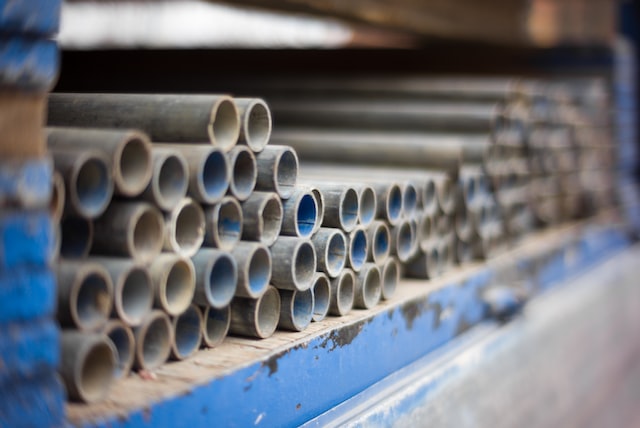Most of the earth’s surface is covered by water. But, of all the water on Earth, just 3% is fresh water.
According to the World Health Organization (WHO), about 785 million people around the world lack access to safe drinking-water supplies. The climate crisis is making things worse. Finding new and better ways to produce drinkable water is a growing concern.
Solutions are urgently needed to make the seawater, which makes up around 97 % of the water on our planet, safe and suitable for drinking.
Now, the Korea Institute of Civil Engineering and Building Technology (KICT) has reported significant development in this field. Scientists have found a highly efficient technique to desalinate seawater cheaply.
Although, seawater is being purified through the reverse osmosis process at the thousands of desalination plants around the world. But these facilities require high maintenance, electricity and produce large quantities of brine as a waste product. Also, membranes need to be kept dry for long periods. Wet membranes render the filtration process ineffective by allowing large amounts of salt to pass through.
Korean researchers have developed a membrane that prevents wetting and improves stability. They used a type of nanotechnology called electrospinning to fabricate the membrane. The membrane is highly hydrophobic i.e. water repellent.







